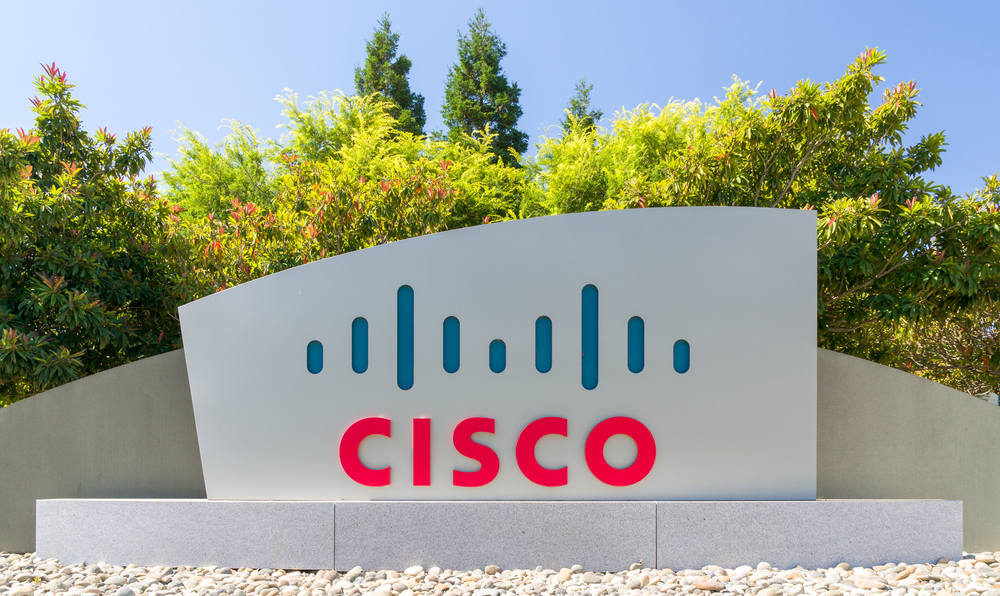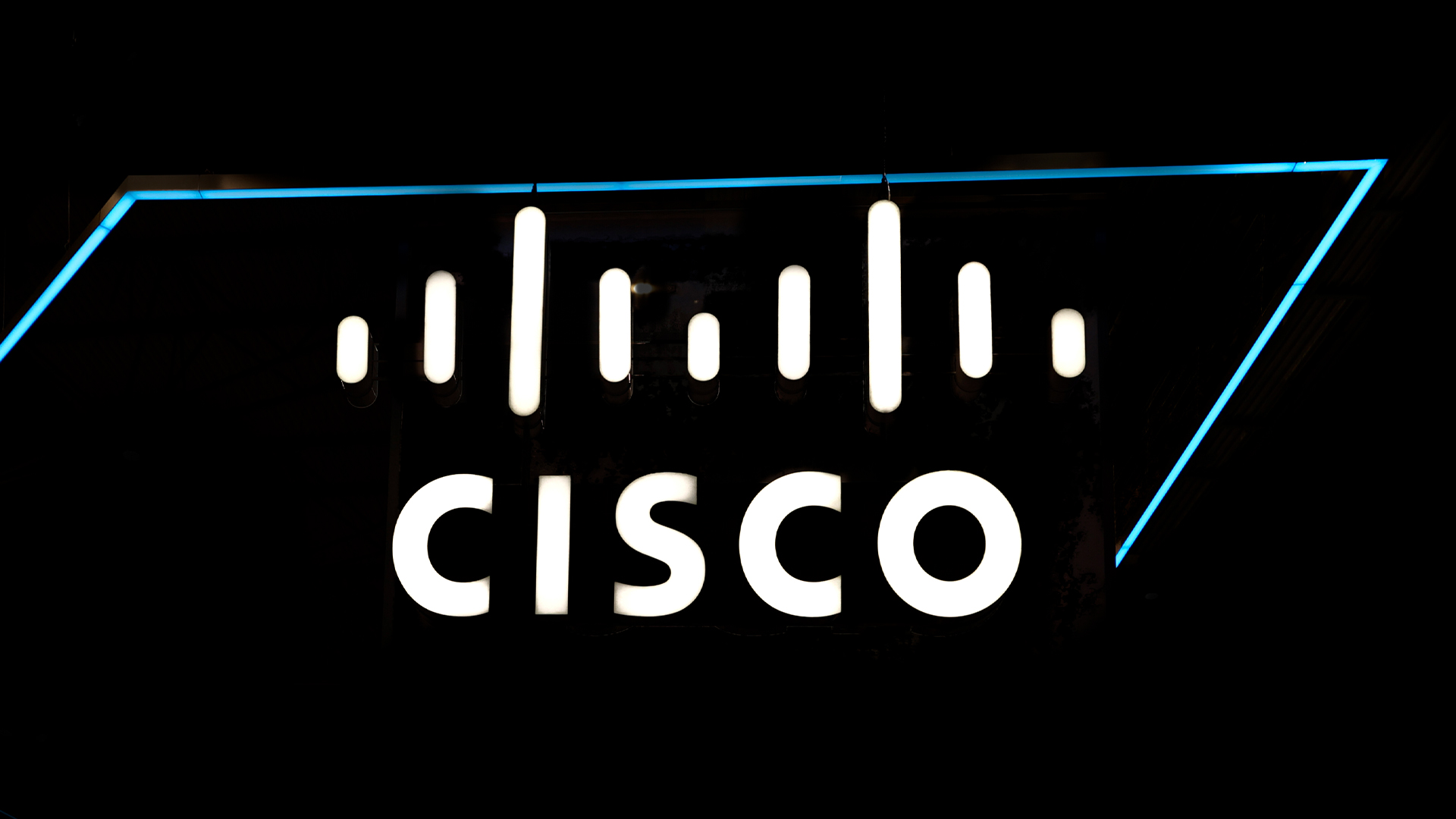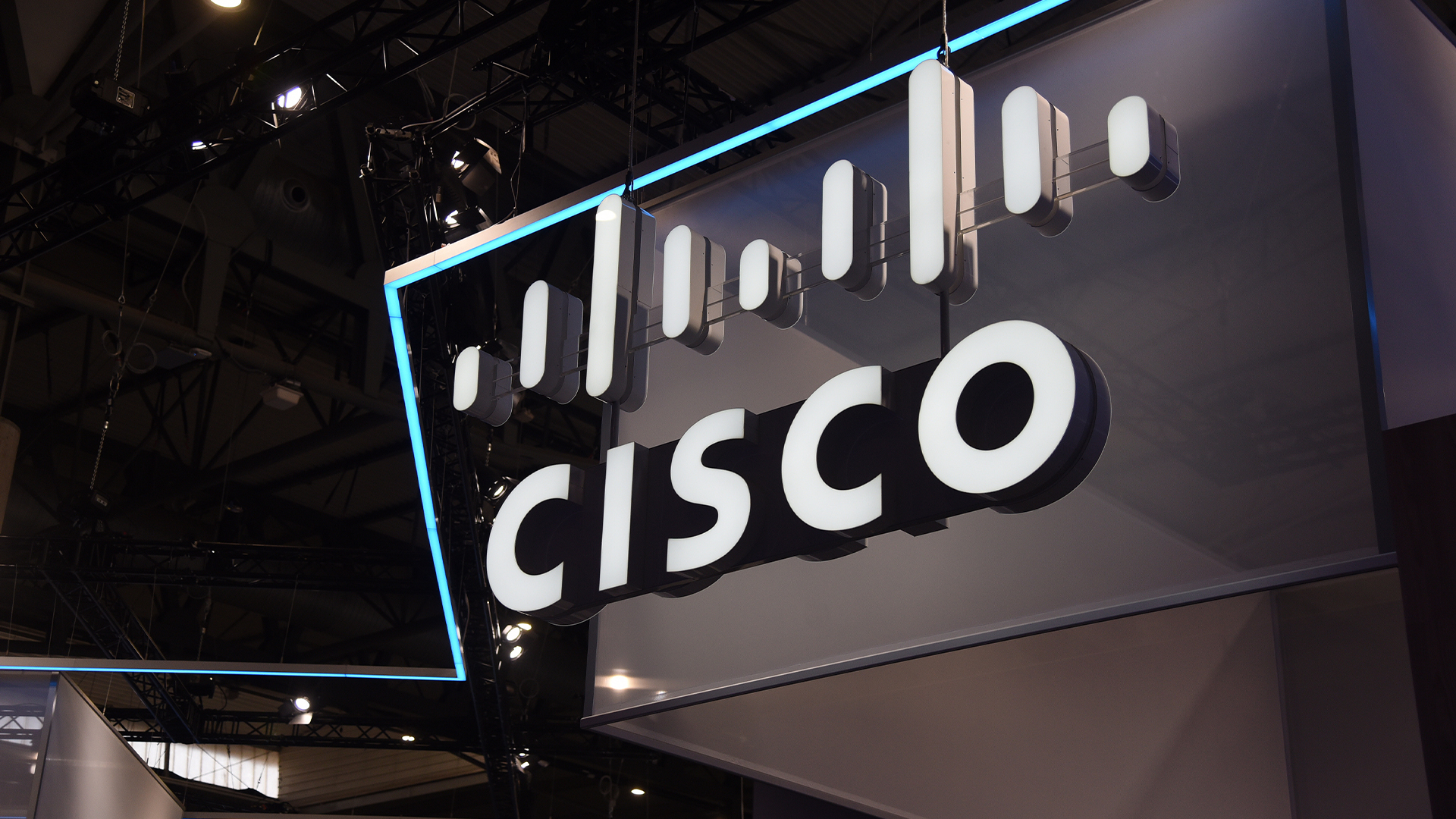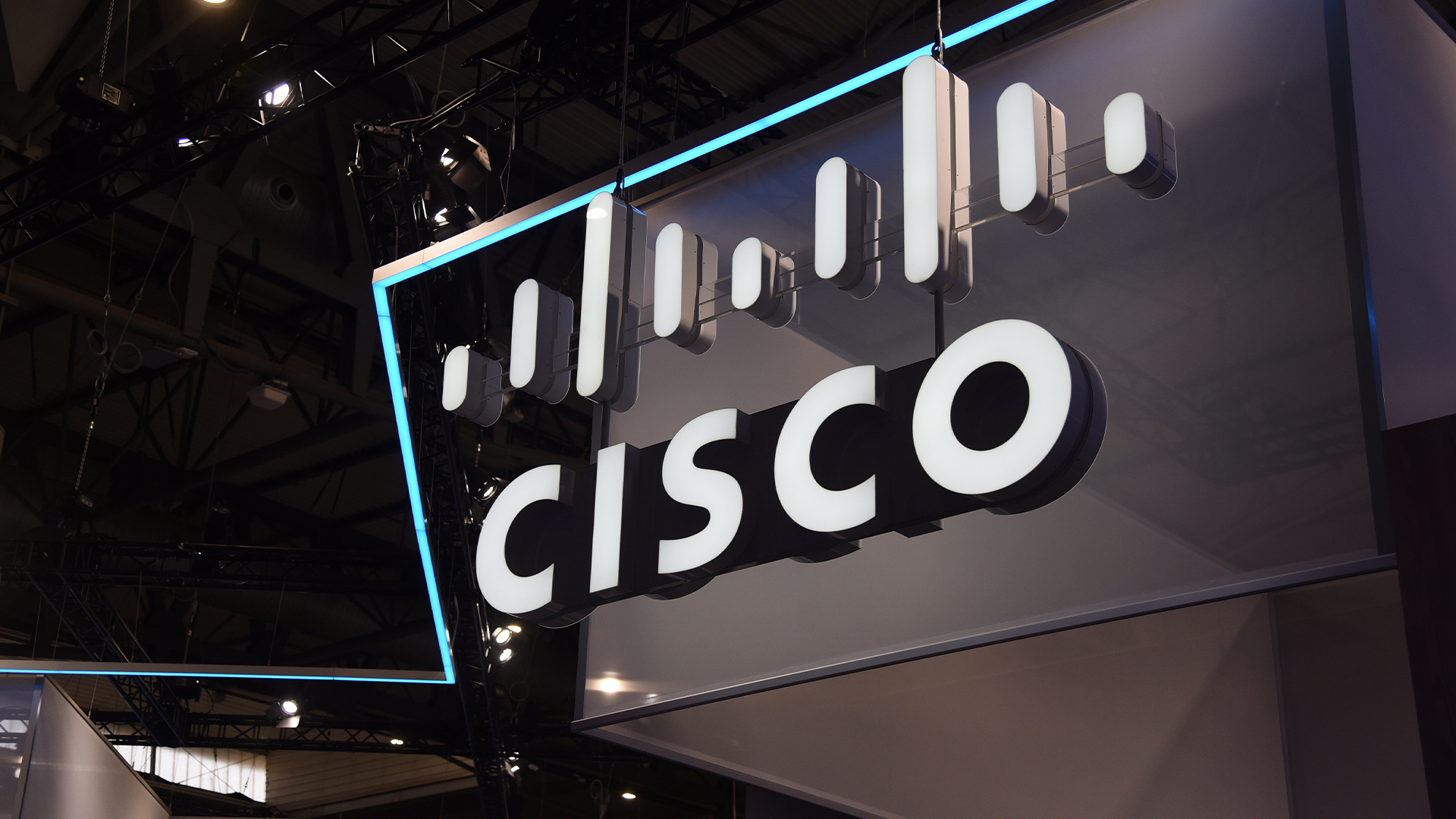Cisco lands $1 billion defense IT contract
The three-year contract is for IT services for the entire Department of Defense

Sign up today and you will receive a free copy of our Future Focus 2025 report - the leading guidance on AI, cybersecurity and other IT challenges as per 700+ senior executives
You are now subscribed
Your newsletter sign-up was successful
Tech giant Cisco Systems beat out two other bidders and landed a whopping $1.18 billion IT contract with the US Department of Defense.
Cisco has seen a recent decline in its traditional switch and router markets, forcing it to switch to higher-growth areas like security software and cloud computing. That switch has paid off, as the Defense Information Systems Agency (DISA) has announced users across the Department of Defense will use Cisco Smart Net Total Care and Software Support Services, which offers 24-hour hardware, digital, and automated management support.
The Department of Defense will also have access to Cisco’s technical assistance center for help managing incidents, security alerts, service coverage, and installed Cisco bases.
The contract is for up to three years — a one-year base period followed by two one-year option periods.
The US Defense Department, the nation’s largest employer with a $700 billion budget, is a prime target for hackers and has seen its share of data breaches.
Just last year, DISA disclosed a mid-2019 breach that potentially compromised its staff’s data, including their Social Security numbers. According to estimates, the breach impacted up to 200,000 service personnel.
The US military sustained other serious data protection incidents in the past few years, including the October 2019 discovery that nearly 180GB of highly sensitive US government, Department of Homeland Security, and military personnel data was exposed through an unencrypted AWS database. The exposed information included past and future travel arrangements and log in data.
Sign up today and you will receive a free copy of our Future Focus 2025 report - the leading guidance on AI, cybersecurity and other IT challenges as per 700+ senior executives
Cisco Systems’ ability to transition into a software-focused company came into doubt when its revenue tumbled 4% in the fourth quarter of 2017, forcing it to miss earnings estimates.
Things have since turned around, as Cisco posted $11.2 billion in net income on $49.3 billion in revenue in its last fiscal year. This billion-dollar contract should give the company an added boost.
-
 Anthropic promises ‘Opus-level’ reasoning with new Claude Sonnet 4.6 model
Anthropic promises ‘Opus-level’ reasoning with new Claude Sonnet 4.6 modelNews The latest addition to the Claude family is explicitly intended to power AI agents, with pricing and capabilities designed to attract enterprise attention
-
 Researchers call on password managers to beef up defenses
Researchers call on password managers to beef up defensesNews Analysts at ETH Zurich called for cryptographic standard improvements after a host of password managers were found lacking
-
 AI is “forcing a fundamental shift” in data privacy and governance
AI is “forcing a fundamental shift” in data privacy and governanceNews Organizations are working to define and establish the governance structures they need to manage AI responsibly at scale – and budgets are going up
-
 Salt Typhoon attack on US congressional email system ‘exposes how vulnerable core communications systems remain to nation-state actors’
Salt Typhoon attack on US congressional email system ‘exposes how vulnerable core communications systems remain to nation-state actors’News The Salt Typhoon campaign marks the latest in a string of attacks on US government communications networks
-
 Cisco says Chinese hackers are exploiting an unpatched AsyncOS zero-day flaw – here's what we know so far
Cisco says Chinese hackers are exploiting an unpatched AsyncOS zero-day flaw – here's what we know so farNews The zero-day vulnerability affects Cisco's Secure Email Gateway and Secure Email and Web Manager appliances – here's what we know so far.
-
 Researchers claim Salt Typhoon masterminds learned their trade at Cisco Network Academy
Researchers claim Salt Typhoon masterminds learned their trade at Cisco Network AcademyNews The Salt Typhoon hacker group has targeted telecoms operators and US National Guard networks in recent years
-
 Cisco ASA customers urged to take immediate action as NCSC, CISA issue critical vulnerability warnings
Cisco ASA customers urged to take immediate action as NCSC, CISA issue critical vulnerability warningsNews Cisco customers are urged to upgrade and secure systems immediately
-
 ‘All US forces must now assume their networks are compromised’ after Salt Typhoon breach
‘All US forces must now assume their networks are compromised’ after Salt Typhoon breachNews The announcement marks the second major Salt Typhoon incident in the space of two years
-
 Cisco eyes network security gains for agentic AI
Cisco eyes network security gains for agentic AINews New network security updates aim to secure AI agents across enterprises
-
 Cisco patches critical flaw affecting Identity Services Engine
Cisco patches critical flaw affecting Identity Services EngineThe networking giant has urged enterprises to update immediately